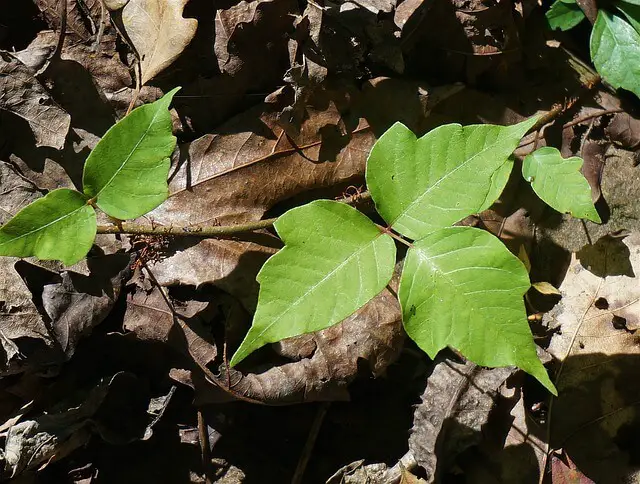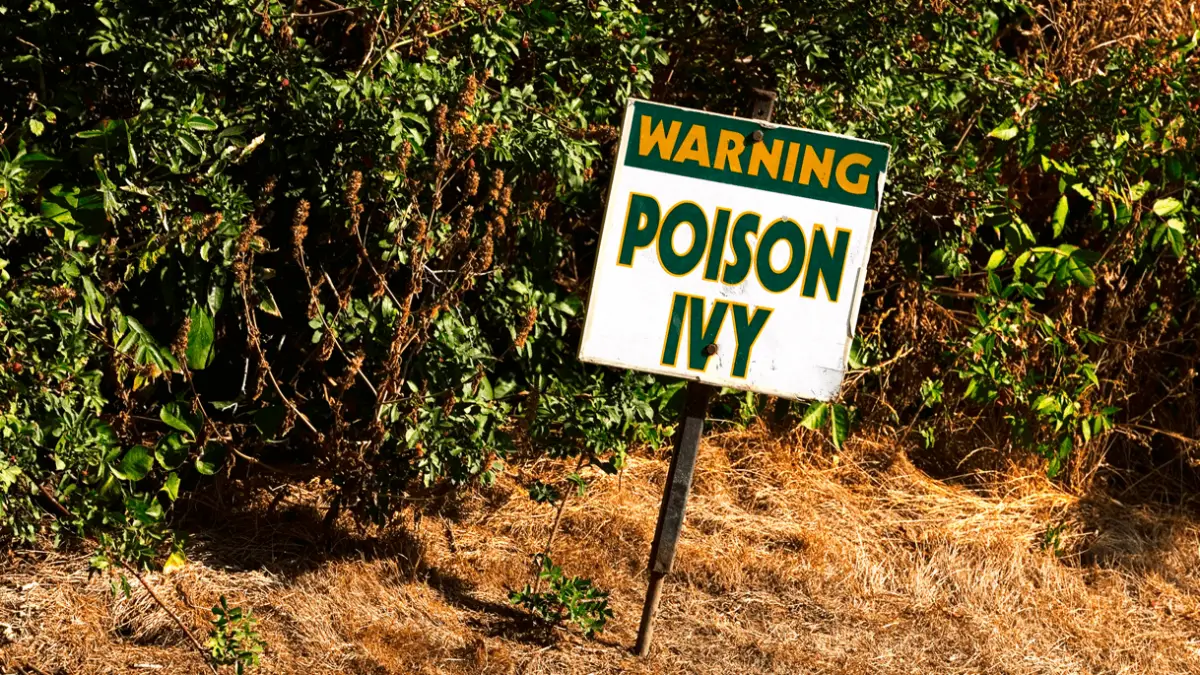Can Dogs Get Poison Ivy
27.03.2021.
If you are an outdoorsy person that loves going on hikes or adventures in nature, there is a chance you came across poison ivy. If you had an unpleasant encounter with it, you are aware of what irritations it can cause. Poison ivy can and most likely will cause an itchy rash on your skin. If you love taking your dog on your wild adventures, you probably wondered, “Can dogs get poison ivy poisoning? Does it affect them?”
Luckily, most dogs seem to be immune to poison ivy. Most veterinarians say it is a seriously rare occurrence. However, it can happen, and if it does, poison ivy will cause an irritating reaction on the dog’s skin. If that does happen, there are some things you should know.
How to spot poison ivy?
If you have a dog with sensitive skin and react to different substances or even food, it would be best to keep them away from the poisonous plant. Make sure you know what the plant looks like and that you can easily spot it while walking, hiking, or cycling.
You can easily spot poison ivy if you know what you are looking for. The easiest way to spot it is - poison ivy has three leaves. Here is an excellent way to remember that - “leaves of three, leave them be!” If you live in an area that can contain poison ivy, make sure you take precautions.
If your dog has sensitive skin, maybe getting them on a specific diet is not a bad idea. Check out this article for more information - Hypoallergenic dog food.
Where can I come across poison ivy?
Poison ivy is native to North America. You can find it in most places with the right conditions for it, so if you live near forests, wetlands, fields, or even in your backyard. These are all typical places a dog might go to, and dogs are known to put their noses close to anything with an interesting scent. Poison ivy grows in shrubs or vines, and the easiest way to spot it is by looking for those three “telling” leaves.

Why is poison ivy poisonous?
The plant is not poisonous by itself. However, it does produce a unique oil that will cause a reaction on the skin. Humans have more exposed skin, and we are more likely to get affected than dogs. The oil the plant produces is called uroshial oil, and it is present in the sap of the plant. This sap can be found all over the plant, so it would be best to avoid touching it.
How dangerous is poison ivy?
Poison ivy is not deadly, but it can cause painful and itchy irritations if the sap gets in contact with the dog’s or your skin. The oil can remain potent for a long time, and even if your dog only brushed the plant with their coat, they can still transfer it to you or other family members. If your dog does get a reaction, you will have to know which signs point to poison ivy poisoning. The most common poison ivy poisoning symptoms are;
- Inflammation
- Itching
- Red skin
- Red skin bumps
- Slight fever
- Scabs and blisters filled with fluid
- Chewing or licking the affected area
- Diarrhea
- Vomiting
The is a slight possibility the dog can be allergic to poison ivy. If that is the case, there is a possibility the dog will get a severe reaction which can cause an anaphylactic shock (anaphylaxis). If you notice things like heaving, breathing issues, or any other signs of a severe allergic reaction, take your dog to the vet immediately.

How to make sure your dog doesn’t get affected?
The best way to assure your dog doesn’t get affected by poison ivy is by avoiding it altogether. Make sure you move your dog if you notice they are starting to sniff close to it. Even though there aren’t any breeds specifically susceptible to poison ivy, there are hairless dog breeds that don’t have too much fur to protect them. Breeds like the Peruvian Inca Orchid, Xoloitzcuintli, American Hairless Terrier, and Chinese Crested could easily get affected.
The second thing you can do if you suspect your dog got in contact with poison ivy is to give them a bath as soon as you get home. Make sure you wash them thoroughly because the plant sap can remain poisonous for a long time. The best way to bathe your dog is by wearing gloves, so you make sure you don’t touch the poisonous poison ivy sap.
In conclusion
The correct answer to the question, “Can dogs get poison ivy poisoning?” would be - yes, but it is improbable. If you make sure your dog doesn’t get close to the plant or bathe them when you get home if you suspect they did, your dog should be pretty safe. Dogs have thick, protective coats that will protect them from things like poison ivy. However, if you go for adventures and hikes, it would be a good idea to keep an eye on tick bites on your dog. If you want to know more about ticks, check out this article - How to spot tick bites?
World Dog Finder team







Share